Ask Ethan # 68: Choosing an Astronomer Profession
Every day you make a choice of profession anew, and - as in the case of love - there is no sense to pretend.
Be unhappy, or motivate yourself. Whatever you have to do is always your choice.
Wayne dyer
Another year has ended, and the time has come to answer the last question of the outgoing year. As always, you sent me your questions and wishes, and we congratulate Radit, who asks me to do a deep introspection and asks:
I am not very good at astronomy and all that, but I really like to read about it. My question is: what made you decide that this is something you want to do for the rest of your life? Was it because you were struck by the beauty of the night sky?
This is the most frequent question that I get from young (and not so) people (from teenagers and those over 20), and you deserve a detailed answer. Go!
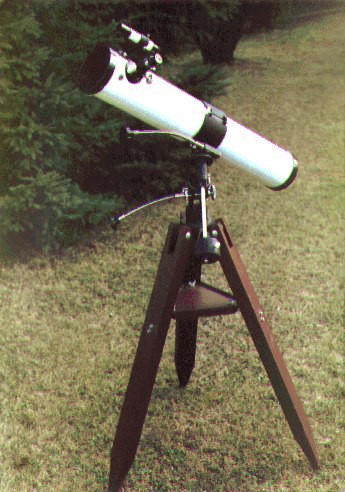

Some of these were my first microscope and telescope
')
I remember when I was very young - 5-6 years old - I lived on the ninth floor in an apartment on the outskirts of New York. And once in December, at Hanukkah or at Christmas, I received a microscope and a telescope as a gift. It was the beginning of the 1980s, so both tools were quite difficult to use. The microscope had no illumination - it had a mirror, which had to be set so that it illuminated the slide that you were looking at. He also had three levels of magnification, and if you turned the scale to expose the third level, the slide glass broke all the time. And in the telescope, little can be seen if you live on the outskirts of one of the most polluted cities in the world. But we had a balcony facing east, and I tried to catch the full moon when it ascended at the beginning of the night.

Here I tried to recreate the picture that I saw in my telescope
The plan was terrible. I was very interested in the planets, because of gravity and from the general scientific point of view, but my attempts to see something through a telescope failed. Much later, I learned that looking at the full moon without special equipment (especially the moon filter) is a sure way to not see anything interesting.
I had enough to get carried away - for example, I liked mathematics, as well as the science of what happens on a microscopic scale. Therefore, I was fascinated by biology, cells and primitive life forms.

But something brought me back to the universe. As Radita correctly noted, the beautiful night sky has not once had its effect. I remember how the kid loved to go hiking, and how I was surprised at all the wonders that opened up in the sky, including the slowly moving lights flying above the satellites.
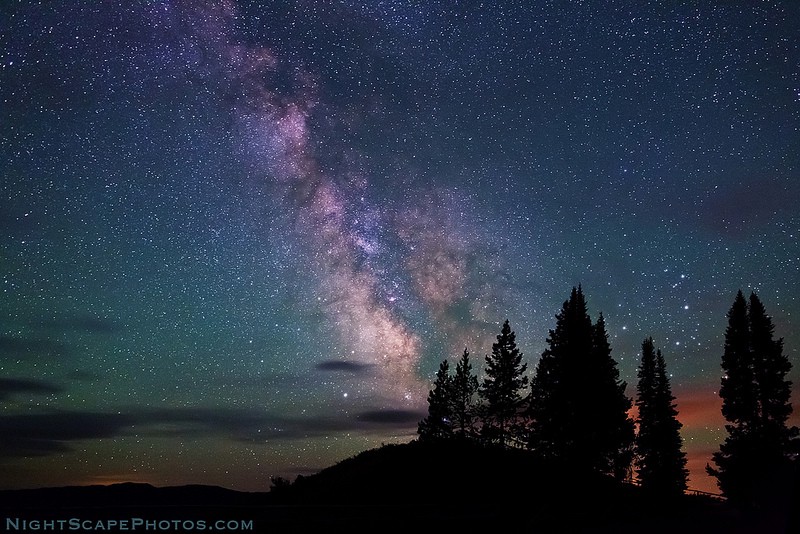
I remember when I was 11 years old in the summer in upstate New York, when I was friends with another boy of my age and his elder brother, we just lay on our backs in the grass, chatted about everything and nothing, and looked at the huge canopy of stars. And for the first time I felt like a part of the Universe, and it seemed to me that I could fall from the Earth into the sky if I did not hold on to the grass properly.
A few years later I rode a boat, and also looked at the beautiful view of the night sky, and thought about the possibility of having a finite size in the Universe. Just as traveling in one direction on Earth, you can return to the starting point, you can return to the beginning of the path if you go on a space trip. And it was even possible to see the same star or galaxy, seen from one side, from its other side, if the Universe had a form that would allow it.
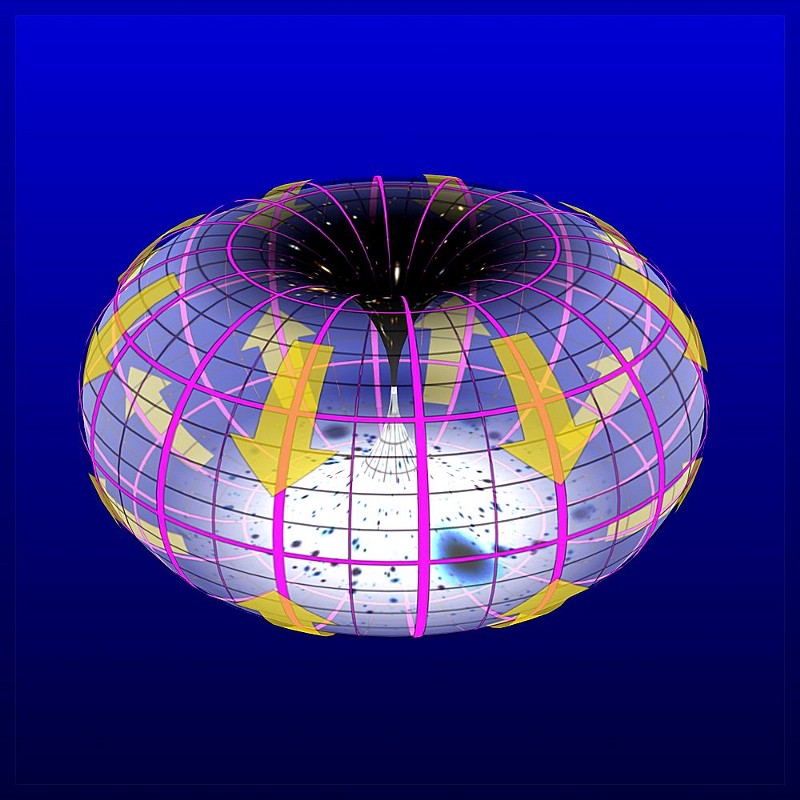
It may sound ordinary to you, but for me these are indelible memories, and this is a part of my past that brought me closer to the Universe. And it would be possible to decide what exactly they are required in order to receive my “badge of distinction,” as they say in the series “My Little Pony.”
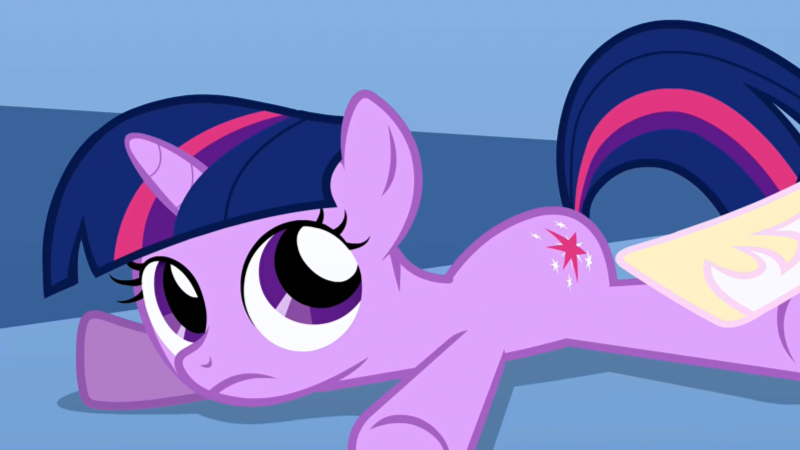
As Miss Cheryly, the teacher from the series, explains to all the young ponies:
A mark of distinction appears on the side of the pony when he or she learns something that distinguishes him or her from all others.
But in life it works differently! Such moments, ideas or experiences did not bring me closer to deciding what I want to do until the end of my life. I am sure that if someone tells you: “I had a moment when I gained confidence that I know that I want to do this for the rest of my life,” he will deceive you, as well as myself.
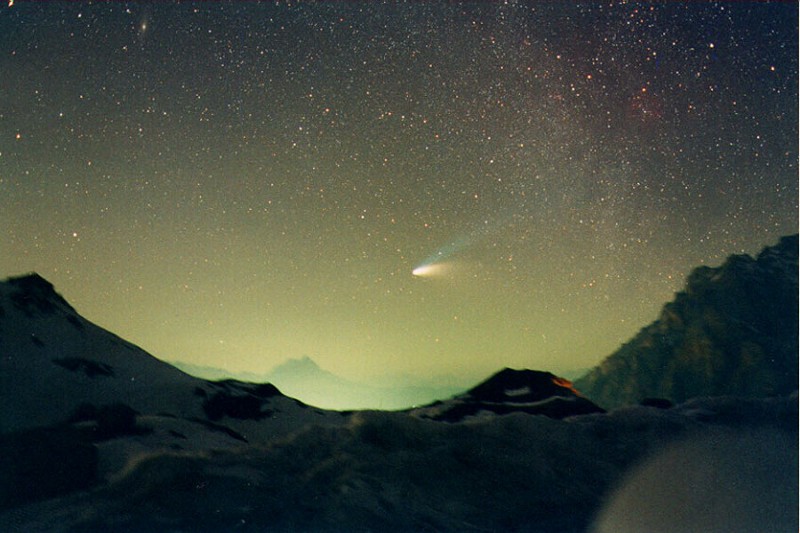
Because, despite my love for all such things, I hated school physics, and considered the teacher and the subject itself stupid. I thought that chemistry, where we studied the electronic structures of atoms and molecules, was the most interesting science.
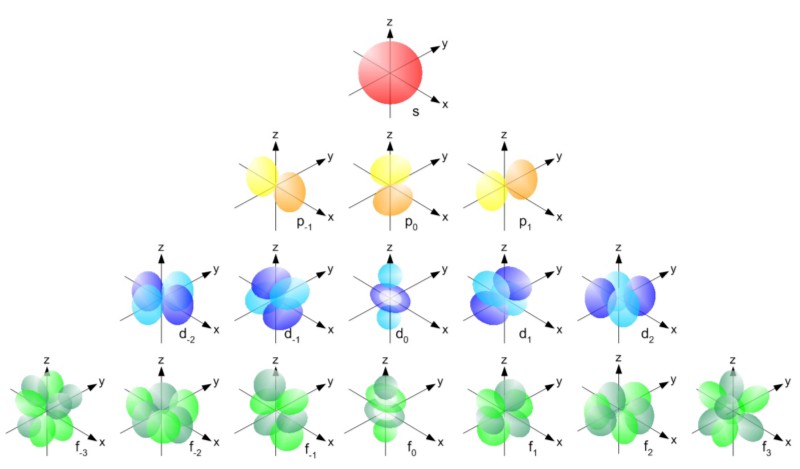
When I got to college and realized that cosmology — the story of where all that we see in the Universe came from — was a real science, I was captivated by it, and it helped put me on the path to obtaining a degree in physics. Some of its aspects fascinated me, but there were also those that I found boring to death, as well as those that did not interest me at all. There is such a romantic myth that teachers teach students, being in love with all aspects of their field of activity - all this is not true. We all have preferences, prejudices, and this is normal. This story taught me to respect people and areas of activity that I myself was not interested in.
In addition, physics was not the only subject of my specialization, and not the only occupation I chose myself. I also practiced antiquity (the history and languages of ancient Greece and Rome), and did not know what I wanted to “do until the end of my life.” Therefore, on the advice of good friends (hello, Kelly and Andrea!), I tried to work as a teacher and realized that I like it. So my first job after college was found.
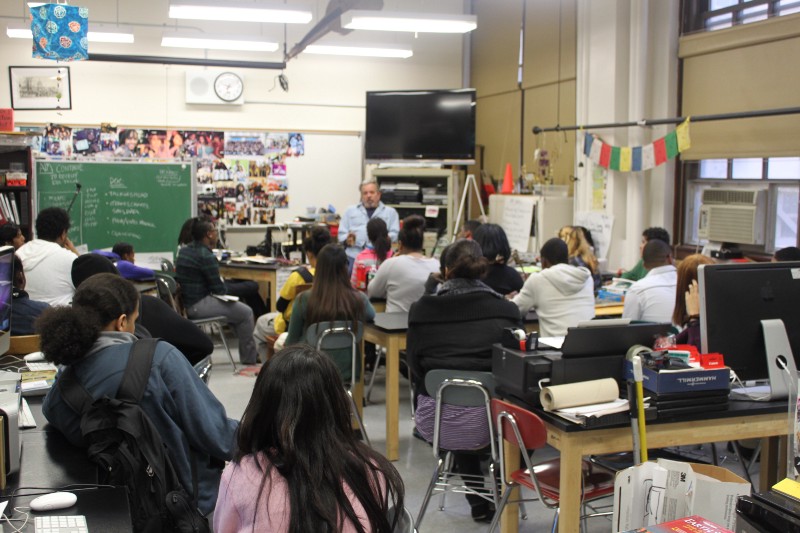
And I determined my occupation for the future, just doing teaching for the senior classes (sorry, my former students, but I didn’t like it very much). It is this experience, experience that I realized that I don’t feel affection for and attachment to it, experience that I wouldn’t have if I hadn’t tried this activity - it was he who helped me navigate and understand what I wanted to do instead. .
Therefore, I went to the magistracy, choosing institutes, where there were teachers and programs in the subject that interested me most: physical cosmology from an astrophic point of view. As a result, of the seven applications I sent, five were approved, and I chose the one that suited me the most.
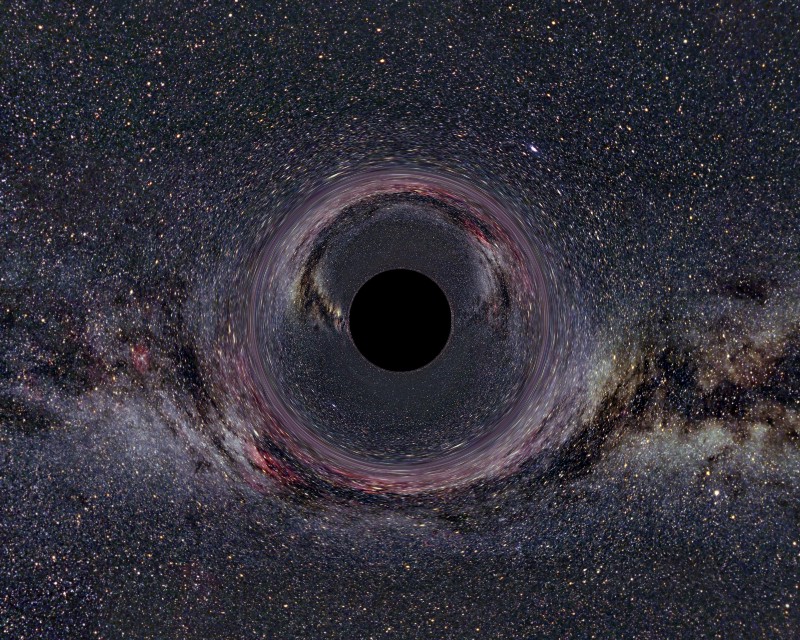
I would like to say that this is the end of the fairy tale - but this is not even the middle. On the way of training, I had to do a lot of hard work and acquire complex skills. And each time they demanded something from me that I could and wanted to work on, and these topics were very interesting to me. This is rarely talked about, but the desire to reach the goal is not enough - the passion for achieving the goal alone will not support you. You have to love the particular parts of your class that you do every day — or you burn out.
And all the years of study I did what I liked. I was very lucky, because those who did not like it did not reach the doctoral degree, or, worse, stubbornly walked towards the goal, and having reached it, they led a life that they did not like.
And this is not the end of the story. Since then, I have been in such a situation many times when working in the field of astrophysics and cosmology, I was not doing exactly what I wanted. In 2008, because of this, I quit postdoctoral studies at the University of Arizona.
In 2011, I rejected an offer from Lewis and Clark College to teach them - and for many it was a dream job - because it did not fit into my long-term plans.
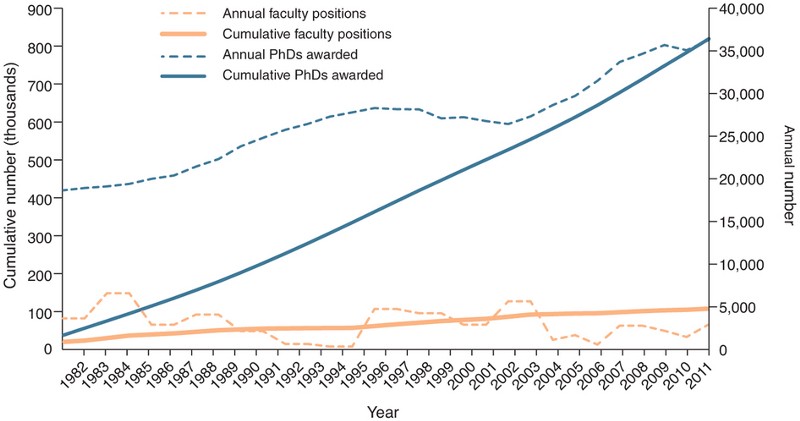
Both of these positions are rare and desired by many
In recent years, I have moved from research to narration, because, apparently, it is there that my passion leads me: to sharing the amazing story of where everything originated in the Universe with everyone who is interested in it. From my point of view, the study of this topic is the most remarkable achievement in human history; while only a few thousand people know where the frontier of scientific knowledge leads us. I plan to fill this void in knowledge.

To be honest, Radita, I didn’t have such a definite moment or one idea that would make me say “I want to do this for the rest of my life,” and I think that I should be grateful for that. Instead, despite the fact that I had episodes of insights and “wow” moments, I am moved by forces and incentives that not only support what I do, but also slightly change my course. And although I think that all my subsequent studies will be related to astrophysics and cosmology, I am not sure about their exact definition.
However, I hope that when the next opportunity arises, I can again change the direction of my development and go through a new door to accept everything that is hidden behind it.
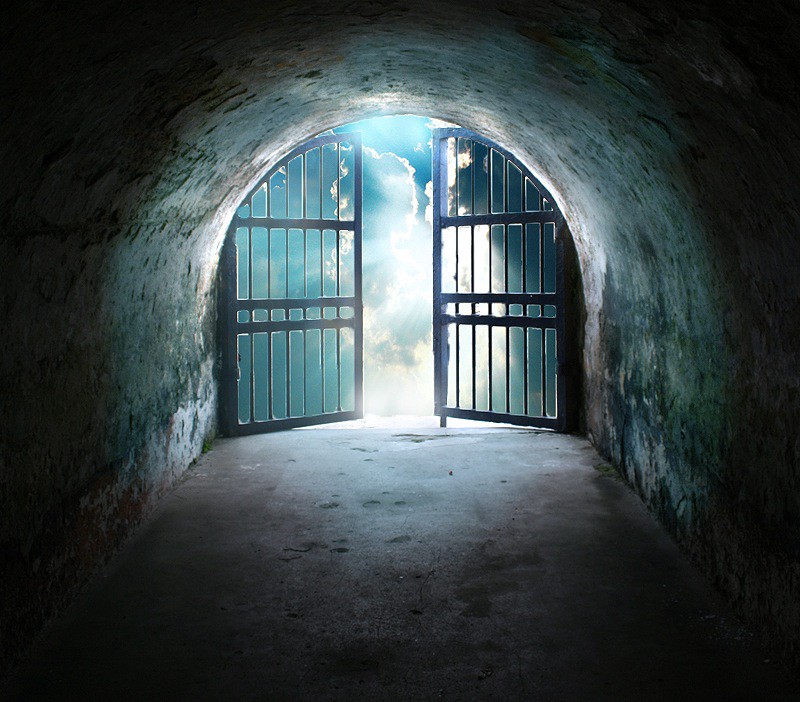
Thank you for the wonderful question, and I hope that the explanation has been made clear for you and for the rest. Send me your questions and suggestions for the following articles.
Source: https://habr.com/ru/post/395657/
All Articles